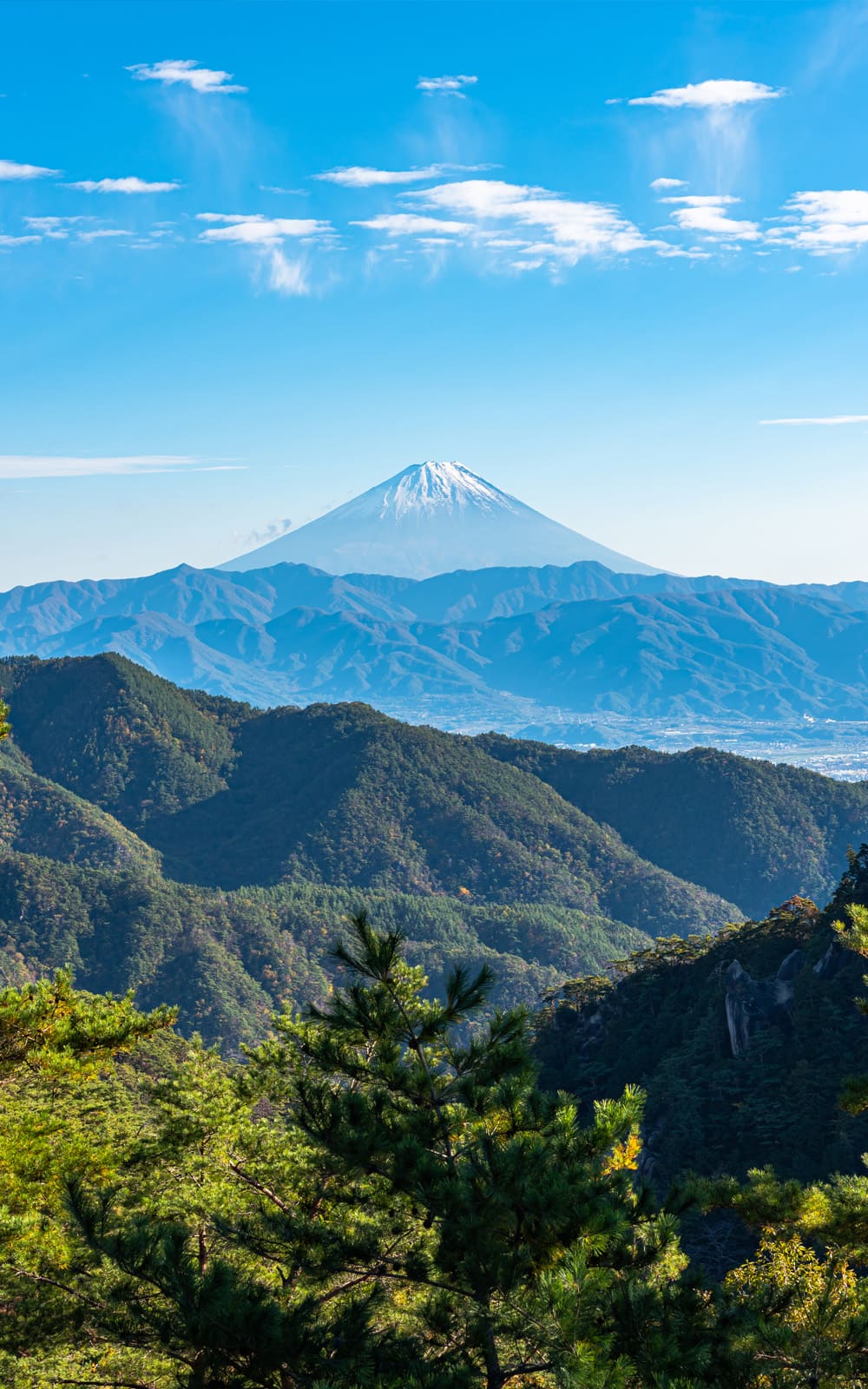FAQ
-
When is the best season to travel to Japan?
-
The most popular seasons to travel to Japan are spring for the cherry blossom (late March-mid April). However it is so crowded and the tour price would be more expensive. The best season is depends on what you want. For example to climb our highest mountain Mt.Fuji. It is open between July and August. But winter is the best to see it because the air is more clear. Autumn is good for both weather and autumn leaves.
If you have a flexible schedule, try to avoid these particular time periods when prices skyrocket and transportation and hotels tend to be fully booked. New Year–December 27 to January 4 and adjacent weekends. Golden Week–April 29 to May 5 and adjacent weekends. The Summer Bon Holiday–the week centering on August 15.
-
Do you have any recommendations for first-time visitors to Japan?
-
Tokyo, and its neighboring cities of Nikko and Hakone are often the first port of call for travelers to Japan. Kyoto is our traditional and historical capital and Nara are also popular. However, there is much more to explore.
-
How long does it take to get to Kyoto or Osaka from Tokyo by train?
-
It takes approximately 2 and a half hours to Kyoto and 3 hours to Osaka traveling on the bullet train. Hiroshima is about 1.5 hours from Osaka.
-
How does the public transportation system work in Japan?
-
Using the public transportation system in Japan is one of the best ways to travel around cities and travel around the country. While it may seem daunting at first, there are a few ways to make using this elaborate system easier. There are several apps that will help you find your way in the metro and train network in Japan like Google Maps.
-
Do I need an International Driver's License to drive in Japan?
-
If you wish to drive in Japan and you have a foreign driver's licence, you will need to obtain an International Driver's Permit. You will need to apply for this before you make your trip to Japan.
-
Can I use my cell phone in Japan?
-
This can vary depending on your network provider. Before arriving in Japan, make sure to confirm the compatibility of your mobile phone with your phone line service provider. It is worth noting that rental phones, sim cards and Wi-Fi are available in Japan on varying plans and costs. Most major airports have kiosks offering these services. Do your research to find out what makes the most sense for you.
-
Where can I use WIFI in Japan?
-
Almost all hotels have free WIFI for their guests, so you will be covered in your hotel. There is a publicly available free WIFI in some public locations in Japan, but if you always want to be able to go online it is a better idea to not only rely on free WIFI but also get a travel SIM card or a mobile WIFI.
-
Are credit cards widely accepted? Do I need cash to travel in Japan?
-
Although most stores and restaurants will accept Visa, MasterCard and American Express cards, travelers should keep in mind that Japan is still very much a cash culture. You may find smaller shops or remote ryokan hotels that only accept yen in cash. You can withdraw cash from certain ATMs and you can exchange money in most tourist areas and large hotels.
-
Are prices shown in shops and restaurants including consumption tax? Can I get an exemption for paying it as a foreigner?
-
The price with or without consumption tax (8% for taking away food except alcoholic etc, 10% for others) depends on each shop or restaurant, so it is important to make sure whether the price tag shows the full price or not.
As a foreign tourist, you can in some cases buy your wares tax-free. The total amount of your purchases should be higher than 5000 yen, and not all products qualify for this exemption.
-
What kind of plug converter should I bring with me to Japan?
-
In Japan, type C is used. 100V, 50/60 Hz.
-
What kinds of accommodation is available in Japan?
-
Japan offers a wide variety of accommodation to suit all tastes and budgets. For western-style lodgings, there are luxury hotels and business hotels. If you prefer Japanese-style accommodations, try a Ryokan (Japanese-style inn) and Minshuku (private guest-houses providing a bed and meals).



